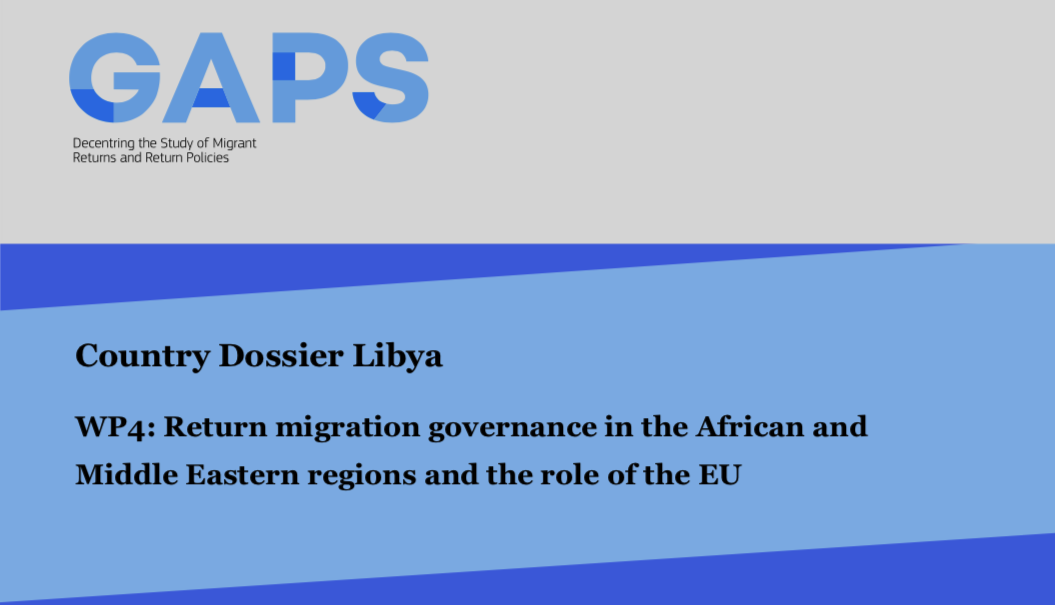Country Profile
GAPs Country Profile: UK / Blog Posts
Enhancing the Study of Return Migration Diplomacy through Qualitative Comparative Analysis (QCA)
by: Samet Apaydın, University of Glasgow | Zeynep Sahin-Mencütek, BICC | Gerasimos Tsourapas, University of Glasgow
With the study of migration diplomacy gaining increased scholarly and policymaking attention in recent years, the GAPs project aims to further advance the field – particularly through innovative methodological tools. This short piece highlights one such advancement: the integration of Qualitative Comparative Analysis (QCA) into research on return policymaking, and its intersection with migration diplomacy strategies of sending and host states.
Refugee Returns as Political Symbolism? Unpacking the Consequences of Syria’s Readmission into the Arab League
by: Judith Hoppermann | University of Glasgow
In May 2023, the League of Arab States (heretofore the Arab League) – a regional, intergovernmental organisation – readmitted Syria after 12 years of absence, signalling a return to a political ‘business as usual’ approach towards the country. Through that, member states hope to reach an Arab solution to the refugee crisis and pursue various strategies related to refugee returns. This post unpacks how these strategies affect refugee politics on the ground. Depending on the outcomes of negotiations between Syria and the Arab League, these could range from political symbolism and fewer implications for refugees to expedited repatriation because of geopolitical strategies.
GAPs Country Profile: UK / Publications
This country dossier examines the governance of return migration from Libya to Nigeria, conducted as part of WP4 of the GAPS–Decentring the Study of Migrant Returns and Readmission Policies in Europe and Beyond project. Based on a range of primary and secondary data, it explores the regional and international dynamics influencing return migration. Libya, a North African country with a significant Mediterranean coastline, was once an immigration hub under the leadership of Muammar Gaddafi, who ruled from 1969 until his fall in 2011. Gaddafi’s Pan-African policies attracted labour from across Africa, including Nigeria, a populous West African nation. However, following Gaddafi’s ousting, Libya transitioned into a primary transit point for sub-Saharan African migrants aiming to reach Europe. The ensuing political vacuum allowed militias to gain control over crucial migration routes and detention facilities, making migration governance even more challenging. Return migration from Libya can be voluntary or forced. The Voluntary Humanitarian Return (VHR) program, managed by the International Organization for Migration (IOM) with financial support from the European Union (EU), aids migrants who choose to go back home. However, the “voluntary” aspect is complicated, as many migrants opt for this path due to the harsh and often abusive conditions in detention centres.




